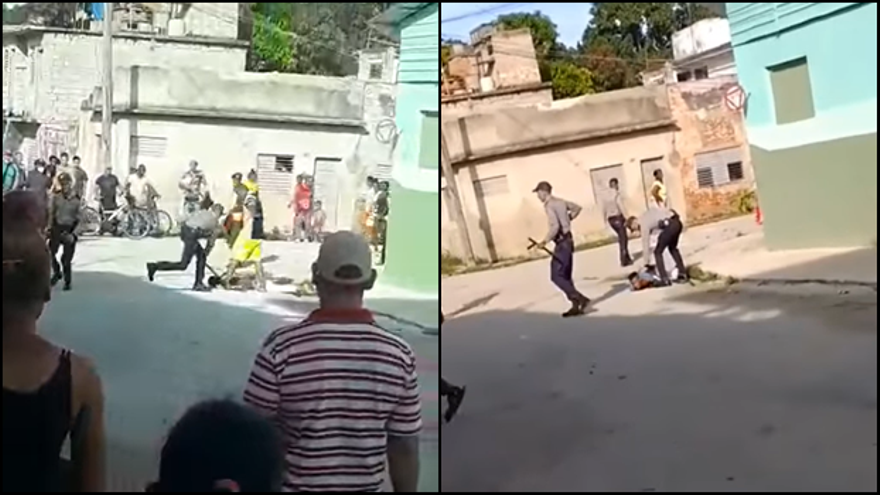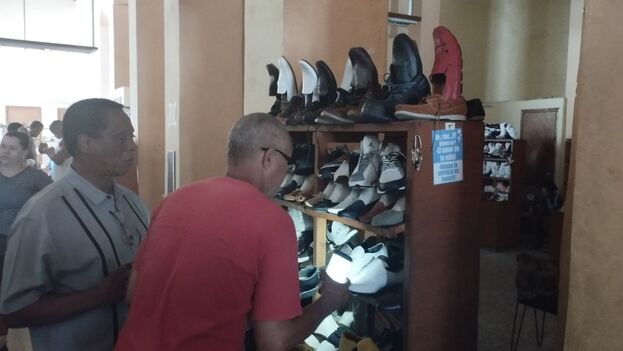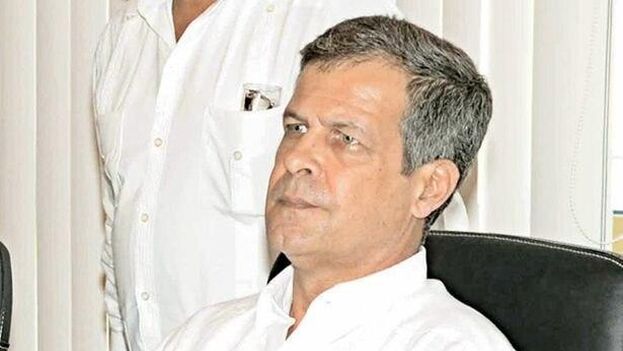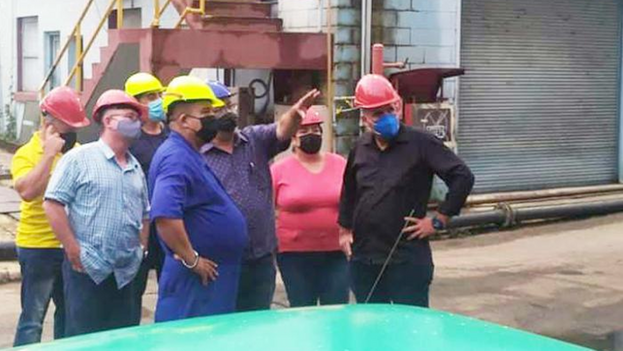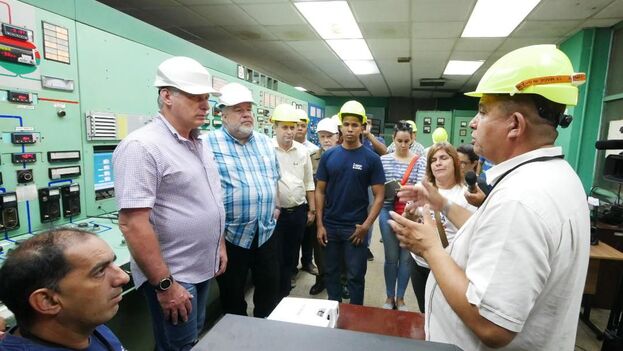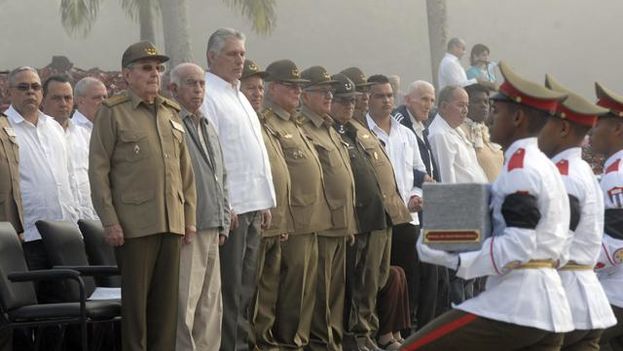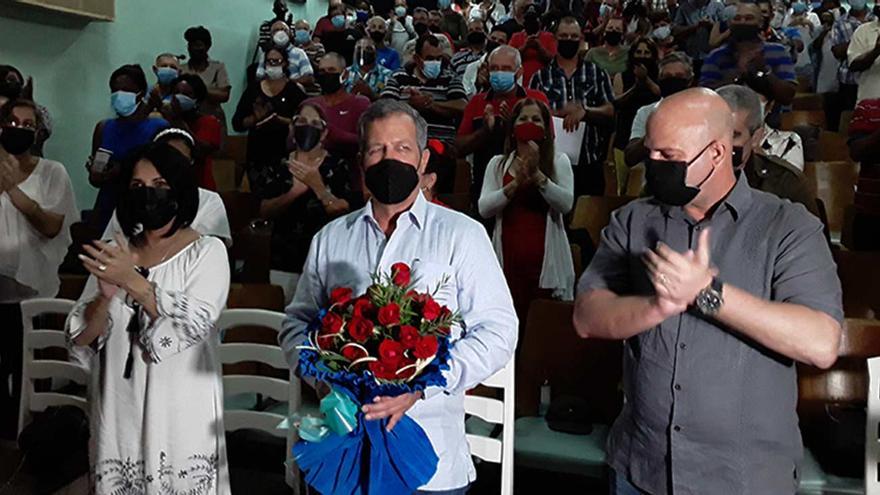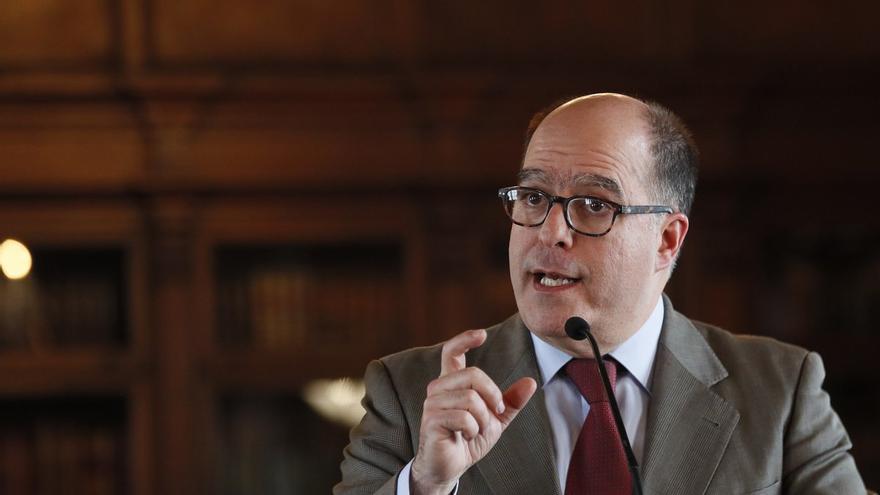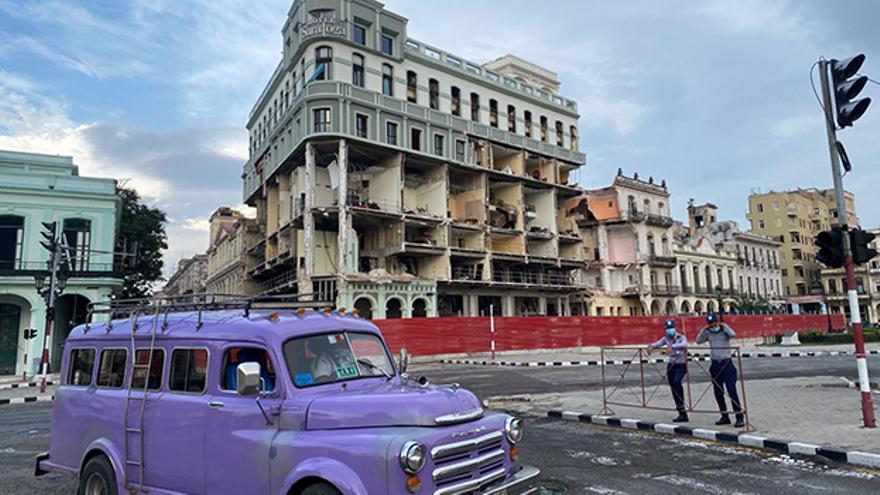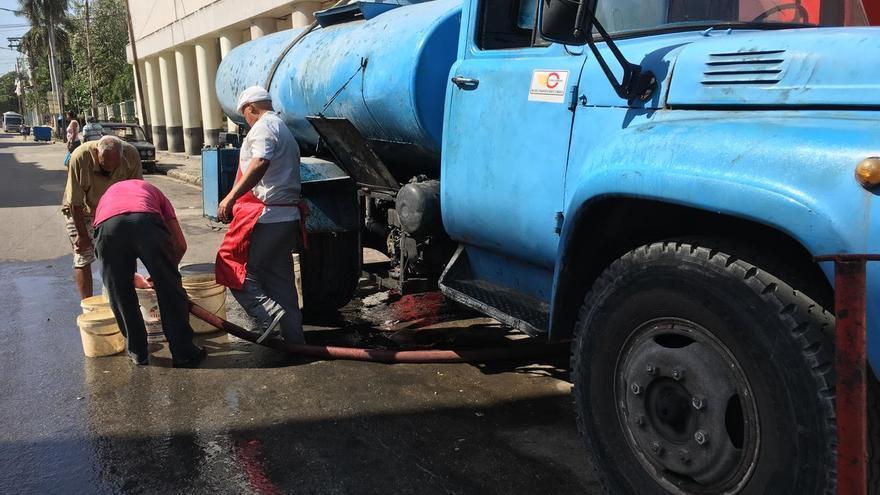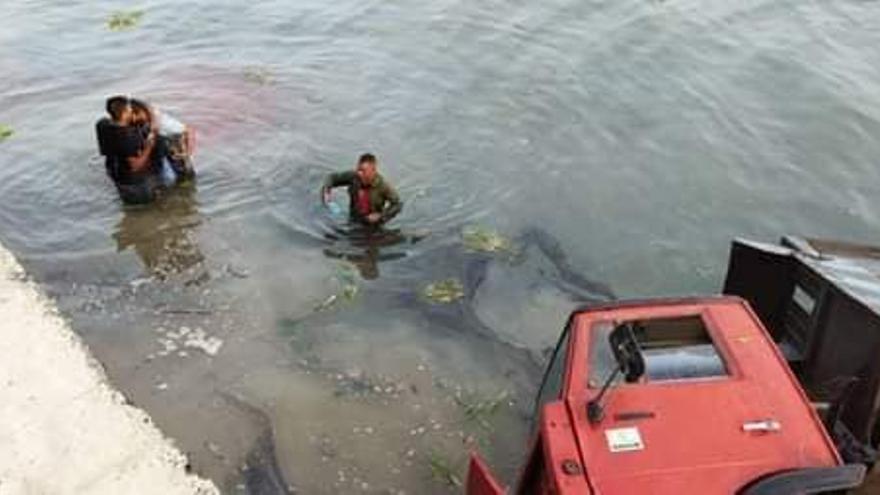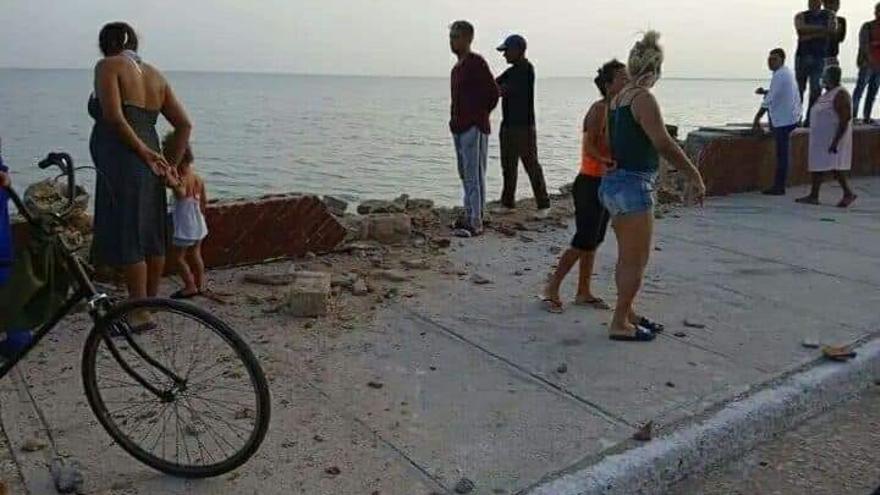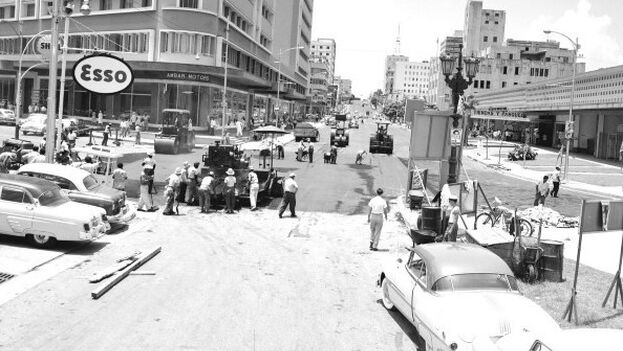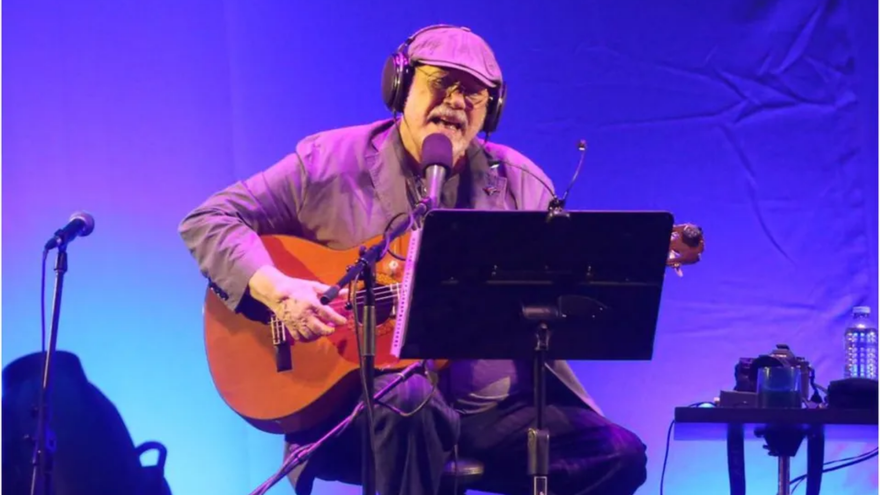
![]() 14ymedio, Madrid, 1 July 2022 — Singer-songwriter Silvio Rodríguez, who continues his particular process of rectifying the Cuban system, admitted this Thursday on his blog Otra Cita that “the various real experiences of socialism show that, as conceived, it is impracticable” and proposes to reformulate the model with “socialist governments running capitalist economies.”
14ymedio, Madrid, 1 July 2022 — Singer-songwriter Silvio Rodríguez, who continues his particular process of rectifying the Cuban system, admitted this Thursday on his blog Otra Cita that “the various real experiences of socialism show that, as conceived, it is impracticable” and proposes to reformulate the model with “socialist governments running capitalist economies.”
The artist wrote a brief entry in which he considers that well-being is more important than justice and, therefore, “a society that cannot guarantee basic satisfactions is a society in crisis,” he says, clearly alluding to the Island. In his judgment, the United States, which is always present in his speech, designed the “blockade” precisely with this in mind.
However, Rodríguez does not limit himself to blaming the traditional enemy and accepts that it is the socialist system itself that has proven incapable of satisfying needs, although he argues that the reason is human nature or the mere fact that capitalism has been imposed in many more countries of the world.
A friend of Andrés Manuel López Obrador, the Mexican president, the troubadour cites him by name to recall that, during his visit to Havana last May, ‘AMLO’ made a diagnosis that he considers correct. “For me it is obvious that Cuba needs to revolutionize the revolution, as Andrés Manuel suggested.”
Rodríguez abounds in the dangerous consequences of not accepting reflections like his own and insisting on what does not work. “It is unfair, as well as senseless, to turn chimeras into principles. Not seeing it is hopeless. Imposing it is atrocious. In addition to how to distribute the little we have, will there be time to analyze substantive issues, or will centrist deviations be seen as inadmissible?”
The troubadour, however, does not take as references the many Western social democratic governments, but rather single-party systems such as China or Vietnam. The first of which, in particular, is considered one of the most unequal in the world due to its ability to exploit resources and people to generate spectacular economic growth, a growth that does not result in improving the situation of the population. continue reading
In a recent analysis of the Chinese capitalist system, Xiang Bing, dean of China’s Cheung Kong Business School, recalled the absence of universal health or pension systems in that country. “No country has used the planned economy to achieve real success in improving citizens’ living standards,” he said.
Silvio Rodríguez, troubadour and ambassador of the regime for decades, began a critical process, especially in the last ten years, which has intensified since Miguel Díaz-Canel became president, a man for whom he seems to feel a particular animosity.
The fact became clear when, after the six-year prison sentence of the musician Abel Lescay for the July 11th (11J) protests of last year, he demanded that there be transparency in his trial and that the sentence be modified on appeal. “I have no faith that verticality will be rectified. As I have said other times, it is still a very small group of people, practically a sect, that makes decisions,” he said. Ultimately, on appeal Lescey received a sentence of five years of limited freedom, to be served at home.
Although he was particularly supportive in the Lescay case, Rodríguez had also asked for the 11J sentences to be reviewed, which he considered disproportionate. “They didn’t kill anyone,” he claimed from his blog.
Another recent event in which the troubadour has placed himself in front of the Government has been the dismissal of Armando Franco Senén as director of the Alma Mater magazine, warning of what he considered an alarming drift of the highest spheres of power. “What seems worrying to me is that, instead of opening up, the leadership continues to show signs of closure. It even seems very serious to me, at this point.”
But although his criticisms are more insistent lately and against the current leaders, Rodríguez has made other observations about past measures recently taken by the socialist system. In February of this year, in an interview with an Argentine agency, he considered that the Revolutionary Offensive of 1968 had done a lot of damage to the Cuban people. “We cannot spend our lives believing that everything we cannot do is because there is a very powerful neighbor that blocks us and prevents us from doing things. If in 60 years we have not been able to develop a creativity that overcomes the blockade, we are wrong,” he accused.
____________
COLLABORATE WITH OUR WORK: The 14ymedio team is committed to practicing serious journalism that reflects Cuba’s reality in all its depth. Thank you for joining us on this long journey. We invite you to continue supporting us by becoming a member of 14ymedio now. Together we can continue transforming journalism in Cuba.

